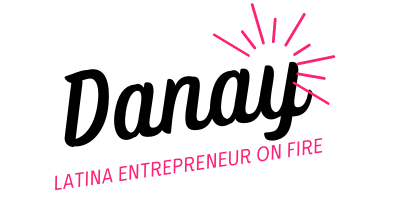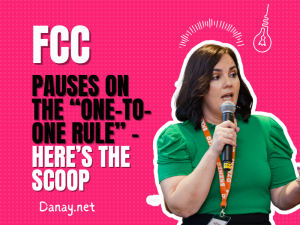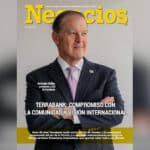This morning, Zuck announced that Meta would discontinue fact-checking content across its platforms, signaling a major shift in its approach to content moderation.
Instead, Meta will adopt a model similar to X (formerly Twitter) under Elon Musk’s leadership, embracing Musk’s interpretation of “free speech.”
Zuckerberg’s statement framed the decision as a response to what he described as a “cultural tipping point” following the presidential election. He revealed that Meta will collaborate with Donald Trump to promote his vision of free speech globally.
“We are now changing this approach. We will end the current third-party fact-checking program in the United States and instead begin moving to a Community Notes program. We’ve seen this approach work on X—where they empower their community to decide when posts are potentially misleading and need more context. People across a diverse range of perspectives decide what sort of context is helpful for other users to see. We think this could be a better way of achieving our original intention of providing people with information about what they’re seeing—and one that’s less prone to bias.”
Another surprising move is that Meta is also relocating its “trust and safety teams” from California to “Texas and other U.S. locations,” signaling a broader shift in its operational strategy.
This new move signals that Meta’s decision aligns with a larger trend of tech giants adapting to the new political landscape.
The Bigger Picture
Meta’s move follows a series of significant concessions from billionaire-controlled media and platforms. Jeff Bezos’ decision to withdraw The Washington Post’s endorsement of Kamala Harris before the election was one early indication of this trend. However, Meta’s decision is the most far-reaching, given its 3 billion active users—a staggering contrast to X’s much smaller audience.
The implications are profound. Some argue that by removing fact-checking safeguards, Meta is opening the door to unchecked misinformation on an unprecedented scale.
The timing coincides with mounting pressure on other platforms, including YouTube and TikTok. The latter faces the imminent threat of a U.S. ban or a forced spin-off, potentially reshaping its political alignment.
IMO, while this may cause some initial craziness, it’s what the American public wants. While fact checking is important, it has also created a giant problem where too many false positives for “misinformation” have resulted in mass bans across the accounts of everyday folks who just want to post their opinions.
“A Lot of This Is Clearly Political”
Zuckerberg acknowledged the political undercurrent of Meta’s shift, saying, “A lot of this is clearly political.” And he’s right. The decision reflects the current climate, where the political power has shifted to pro free speech sentiment.
What does this mean for the future of online discourse? Will community-driven moderation succeed where traditional methods have struggled?
Or is this just another step toward a digital Wild West, where misinformation thrives unchecked as some are claiming?
I, for one, am happy to see more platforms shift their focus to the truly dangerous activity such as trafficking and things that harm children.
One thing is clear to me. As Meta joins the ranks of platforms embracing this new era of “free speech,” the ripple effects will be felt far and wide.







 Noticias Newswire
Noticias Newswire 

